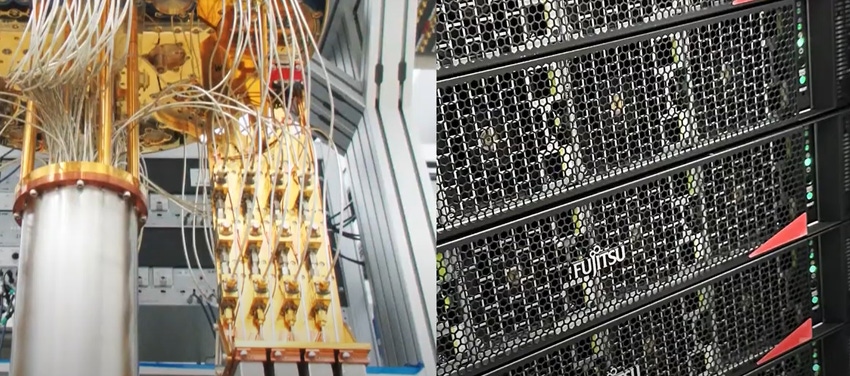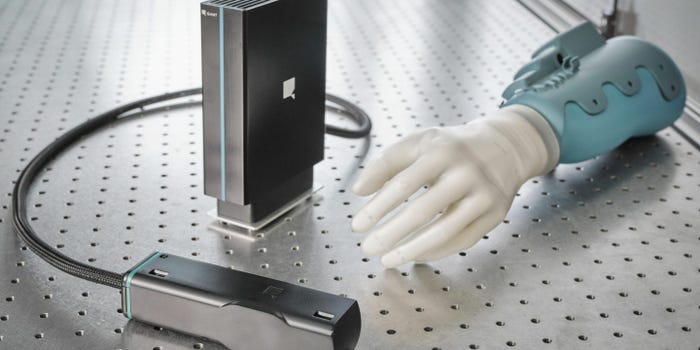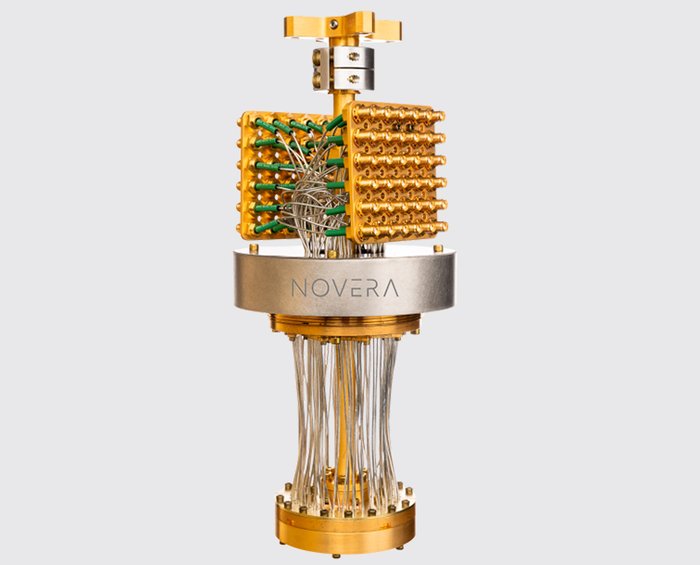
Connects decision-makers and solutions creators to what's next in quantum computing
Fujitsu Speeds Up Quantum Simulation by 200 Times
Breakthrough technology accelerates development of algorithms for practical use in quantum computers

Fujitsu has developed a quantum simulator technique that speeds up quantum-classical hybrid algorithms achieving 200 times the computational speed of previous simulations.
It could enable the development of quantum algorithms for problems that need a large number of qubits, such as in materials and finance.
The amount by which quantum circuit computation increases using conventional quantum and classical hybrid algorithms depends on the scale of the problem to be solved. Larger-scale problems that require many qubits, including simulations in the materials and drug discovery fields, may require several hundred days.
Fujitsu’s new technology enables the simultaneous processing of a large number of repetitively executed quantum circuit computations distributed among multiple groups. The company has combined this with a method of simplifying large-scale problems with less loss of accuracy on one of its most powerful quantum simulators.
Fujitsu claims the development has made it possible to perform computations on a quantum simulator that would take 200 days to complete with conventional methods in just one day. This means the new method can complete large-scale quantum simulations, such as simulating the behavior of a complex molecule, within a realistic timeframe using a hybrid quantum-classical algorithm.
Fujitsu plans to incorporate this technology into its hybrid quantum computing platform to tackle real-life problems in areas such as finance and drug discovery. It will also be used to accelerate quantum circuit computations on actual quantum computers.
This is expected to advance the development of quantum algorithms for problems with a large number of qubits and the application of quantum computers to the fields of materials and finance.
Materials development commonly uses an algorithm known as variational quantum eigensolver (VQE) a technique for determining the energy of matter. It can take as much as 100 days to run on today’s noisy, intermediate-scale quantum (NISQ) computers.
“We are studying the use of VQE to calculate the energy of molecules related to semiconductor materials, to predict the electronic structure and physical properties of specific materials, and to optimize chemical reactions in semiconductor manufacturing processes,” said vice president of the digital design center at semiconductor manufacturer Tokyo Electron Tsuyoshi Moriya.
“We hope that accelerating this process will enable us to quickly verify the principle and effectiveness of the VQE algorithm and discover its usefulness. NISQ devices whose use is limited by noise and errors will be considered with an eye toward these limitations.”
Read more about:
AsiaAbout the Author(s)
You May Also Like
.png?width=100&auto=webp&quality=80&disable=upscale)
.png?width=400&auto=webp&quality=80&disable=upscale)




